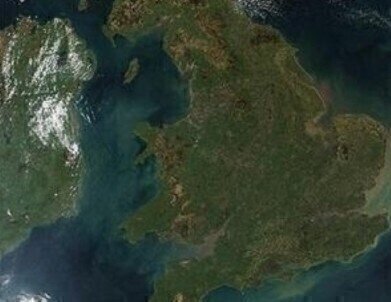-
 30 cities throughout the UK were included in the study
30 cities throughout the UK were included in the study
Air Clean Up
UK cities monitored for climate change preparedness
Aug 13 2013
The location of cities may affect how well they are able to combat the effects of climate change, according to new research. Researchers at Newcastle University have suggested that a city may be better able to adapt to weather changes and climate change if it is in a certain area within the UK.
Scientists have claimed that a "postcode lottery of preparedness" exists within the UK and is affected by the precautions that each city in the country has already adopted in an attempt to drive down greenhouse gas emissions. The effects of climate change may also not be felt so readily by cities that are already taking steps to adapt to its effects and the extreme weather conditions that come with it.
The 'Urban Climate Change Preparedness Scores' lists 30 UK cities and scores them on four different levels in terms of their level of preparedness in terms of climate change: Assessment, Planning, Action and Monitoring. The research was published in the journal 'Climate Change'.
The city rankings reveal that there is a massive variation in the level of preparedness throughout cities in the UK. The scientists are suggesting that a similar model could be used to assess the readiness of cities throughout the world and therefore enable countries to make more preparations for complications that could arise as a result of climate change.
According to Doctor Oliver Heidrich who led the research at the university, the study helps to highlight the readiness of the cities at a glance and therefore helps to identify areas that certain cities a failing in. He said that of the 30 cities included in the study, all but two had implemented a policy or strategy to reduce carbon emissions. Most of the cities had also adapted to possible future weather patterns, such as flooding, continued Doctor Heidrich.
"A plan is only any good if you implement it and then assess it to see how effective it has been, this requires a long term investment in the strategies. We found that in many cities this wasn't happening. In some cases, plans were in place but nothing had been done about them.
"Many cities published plans and partially implemented associated schemes such as introducing electric vehicles or solar panels as well as making changes to the built environment to reduce the risk of flooding. But very often, no-one was monitoring to see whether it made a difference or had actually made things worse."
Events
May 05 2024 Seville, Spain
May 13 2024 Munich, Germany
May 23 2024 Beijing, China
May 23 2024 Beijing, China
Jun 10 2024 Algiers, Algeria













